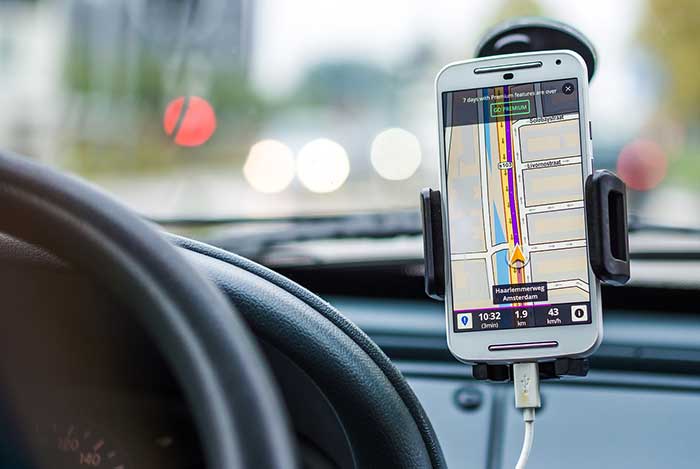En un mundo empresarial globalizado, la comunicación efectiva en inglés es fundamental para el crecimiento y la expansión de cualquier organización. En «Aprende Inglés Today», entendemos la importancia de equipar a los profesionales con habilidades lingüísticas sólidas. Nuestros cursos de inglés para empresas están diseñados específicamente para satisfacer las necesidades corporativas, brindando una ventaja competitiva a través del dominio del idioma.
POTENCIANDO EL ÉXITO CORPORATIVO
Comunicación sin barreras
Los cursos de inglés para empresas no solo se centran en el lenguaje, sino en mejorar la comunicación efectiva en entornos profesionales. Equipamos a los empleados con las habilidades necesarias para interactuar con confianza y precisión en reuniones, presentaciones y negociaciones internacionales.
Crecimiento y expansión empresarial
Dominar el inglés es crucial para expandir los horizontes empresariales. En nuestros cursos de inglés para empresas ofrecemos un enfoque práctico que permite a les permite ampliar su alcance, establecer relaciones internacionales y participar en un mercado global con mayor facilidad.
BENEFICIOS CLAVE DE NUESTROS CURSOS DE INGLÉS PARA EMPRESAS
Personalización y Adaptabilidad
Reconocemos que cada empresa tiene necesidades únicas. Nuestros cursos en inglés para empresas se adaptan para satisfacer esas necesidades específicas, ya sea para mejorar la comunicación interna o para potenciar las habilidades de negociación con clientes internacionales.
Método Callan: eficacia probada
En «Aprende Inglés Today», utilizamos el reconocido Método Callan, un enfoque dinámico y participativo que se centra en la comunicación oral, la comprensión auditiva y la corrección inmediata. Este método asegura un aprendizaje rápido y efectivo para los profesionales en el entorno empresarial.
ATRAYENDO EL ÉXITO CORPORATIVO
Apoyo continuo y resultados garantizados
Nuestro compromiso no se detiene en la enseñanza; nos esforzamos por ofrecer resultados tangibles. Nuestro equipo de profesores altamente calificados proporciona, en nuestros cursos de inglés para empresas, apoyo constante y retroalimentación para garantizar el progreso de los empleados y el éxito de la formación.
Crecimiento Profesional y Productividad
Invertir en cursos de inglés para empresas no solo beneficia a la organización, sino también a los empleados. El desarrollo de habilidades lingüísticas mejora la confianza, la productividad y el crecimiento profesional de cada individuo.
Únete a nuestros cursos de Inglés para empresas
En «Aprende Inglés Today», estamos comprometidos a brindar cursos de inglés para empresas que no solo eduquen, sino que también impulsen el éxito empresarial a través del dominio del inglés.
El inglés no solo es un idioma, es la clave para el crecimiento empresarial y el éxito global.
¡Únete a nosotros y equipa a tu equipo con la herramienta esencial para triunfar en el mundo empresarial moderno!





 Even good things, when indulged in to excess, can be detrimental. Laughter is no exception. Observes the Illustrated Medical and Health Encyclopedia (page 1345): “Laughter is, then, like every other function of the body, a mechanism that should be used enough but never too much. Overexercise or overuse of any function of the human body is not conducive to its best development.”
Even good things, when indulged in to excess, can be detrimental. Laughter is no exception. Observes the Illustrated Medical and Health Encyclopedia (page 1345): “Laughter is, then, like every other function of the body, a mechanism that should be used enough but never too much. Overexercise or overuse of any function of the human body is not conducive to its best development.”




 But which kind of dictionary should you choose?
But which kind of dictionary should you choose?



